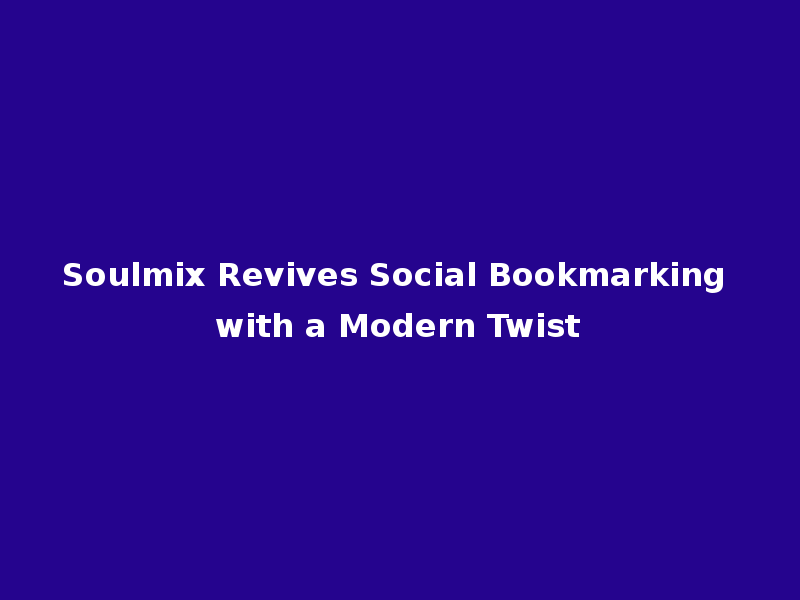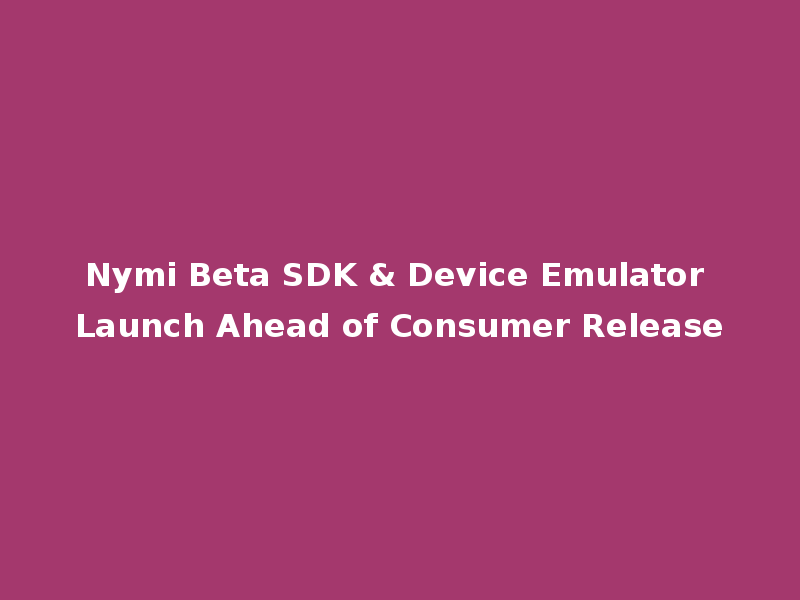By K. V. Rao, CEO of Aviso
(Editor’s Note: This opinion piece explores the transformative shift in enterprise software.)
For decades, enterprise software has served as the backbone of business operations—organizing data, automating workflows, and managing critical processes. Yet despite its utility, traditional enterprise solutions have remained largely reactive rather than intelligent. As smart technologies redefine consumer experiences, businesses are demanding more from their software: predictive insights, prescriptive guidance, and real-time decision-making capabilities.
The Limitations of Traditional Enterprise Software
Legacy systems like CRM, ERP, and business intelligence tools promised efficiency but often fell short of driving meaningful outcomes. Consider these realities:
- CRM helped manage customer data but rarely improved revenue performance.
- ERP streamlined operations but offered little strategic planning value.
- Business intelligence generated reports but failed to deliver actionable insights.
Even in 2002, CRM pioneer Tom Siebel acknowledged systemic flaws when his company’s revenue projections collapsed due to poor pipeline visibility. Twelve years later, many enterprises still grapple with the same limitations—despite heavy investments in outdated tools.
The Rise of Intelligent Enterprise Software
Today, a seismic shift is underway. Inspired by consumer innovators like Netflix and Amazon, enterprise software is embracing data science and machine learning to deliver:
- Predictive analytics to forecast business outcomes
- Prescriptive recommendations to optimize decisions
- Automated risk assessment to navigate uncertainty
Real-World Adoption:
- Salesforce acquired RelateIQ to enhance CRM with AI-driven collaboration.
- Workday integrated Identified’s predictive analytics for talent acquisition.
These advancements empower leaders to:
- Model scenarios (e.g., discounting impacts, resource allocation)
- Identify revenue risks and opportunities
- Align strategies with data-driven forecasts
Cultural Transformation: The Human Challenge
As Billy Beane highlighted in Moneyball, technological disruption demands organizational change. Enterprises must overcome:
- Biases favoring intuition over data
- Political dynamics that prioritize loud voices over evidence
- Comfort with legacy processes resisting innovation
The Stakes: Companies clinging to outdated methods risk obsolescence. The ROI of AI-enhanced software isn’t just efficiency—it’s competitive survival. Leaders who embrace this shift will unlock unprecedented agility; those who don’t may join the ranks of corporate “dinosaurs.”
The Path Forward
The question isn’t whether to adopt intelligent software, but how fast. For professionals, this evolution presents a career crossroads:
- Resist change and face diminishing relevance
- Champion innovation and drive tomorrow’s success
The dark age of enterprise software is ending. The future belongs to those who harness data as a strategic asset—not just a record of the past.












